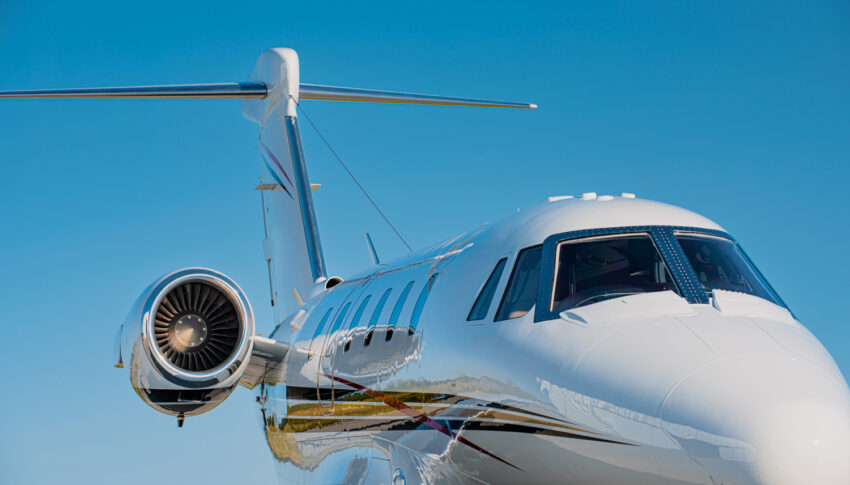Across business aviation, common themes of geopolitics, the generational transition to younger cohorts, sustainability and reputational risks are driving change. We spoke with experts from both the charter and operator side of the business to learn what’s popping up on their radars in 2024.
On the operator side of private aviation, we sat down with George Galanopoulos, chief executive officer of Luxaviation UK, who tells us that “global geopolitical instability is the primary trend impacting all global industries, including business aviation. Since the start of the war in Ukraine, and more recently the conflict in Israel, the closure of airspace has led to operators adjusting flight paths to major travel hubs. The cost of fuel has also increased, which can make it more expensive for owners to fly longer routes that require more fuel burn.”
More widely, Galanopoulos says, “the charter market has certainly decelerated since the unprecedented highs of 2022. Demand for short-to-medium haul aircraft remains strong, whilst longer-range aircraft have experienced a more significant decline. We expect long-haul demand to increase during the winter period, but the general economic climate always has a direct effect in private charter and therefore we expect the first half of 2024 to be slow, with demand increasing at the later part of the year.”
In the medium to longer term, the rise of wealthy younger millennials and generation Z is hitting critical mass, including the transfer of generational wealth. A key risk here is the prospect of the first economic downturns for this age cohort in its adulthood — national, regional or otherwise.
“The cost-of-living crisis has significantly affected international travel. Inflation has made people more cautious in their spending choices, particularly due to a lack of confidence in the UK economy,” Galanopoulos says. “That said, there has been a resurgence in face-to-face business meetings which has led to an increase in corporate charter travel, recognising the value of in-person interactions that cannot be fully replicated through video calls.”
On the charter side of business aviation, we sat down with Gregg Brunson-Pitts of Advanced Aviation Team.
“One of the biggest trends that we’re seeing is aircraft availability,” Brunson-Pitts tells us. “Now we can go out to the market of charter aircraft and there are plenty of options available — depending on the nature of the trip, the complexity of it, where it’s going. Charter is a lot of times very subjective.”
Within this subjectivity, he notes, where a year or so ago only one decent option might have presented itself, today’s customers have substantially more choice.
“Secondly, there’s more interest in sustainable and more environmentally friendly options.” Lastly, he notes, “things are settling down post-pandemic: more available pilots, more available parts, more available aircraft, and pricing.”
Luxaviation’s Galanopoulos concurs on the sustainability theme.
“The industry is facing growing pressure to prioritise sustainability and we are taking a proactive approach in exploring ways to protect the environment while simultaneously uncovering avenues for growth. Sustainability is incredibly important to Luxaviation UK and our dedicated team strives to minimise emissions, primarily by enhancing fuel efficiency through route optimisation and harnessing more eco-friendly aircraft,” Galanopoulos says.
Key risks to business aviation are externalities like geopolitics and the difficulty in decarbonising the segment, but also reputational issues.
“Reputationally, I think, generally our industry can be mysterious — who owns the planes? Where does the money go when I send it? Where are the pilots? Are these planes safe?” Brunson-Pitts posits. “One of the risks is that companies get too big, they make too many promises, they extend themselves financially, and they can put our industry at risk by doing those things.”
Brunson-Pitts recommends collaboration: “I’m a firm believer in collaboration with others in the industry, whether that is other operators, other brokers — I think there’s tons of opportunity out there to collaborate.”



